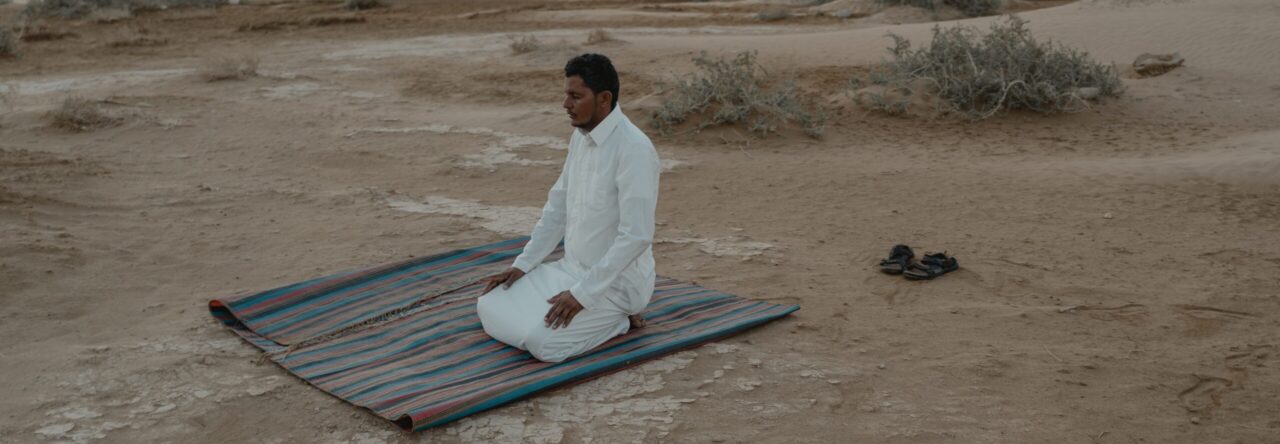The following is an excerpt from Jeffrey Lang’s book: Losing My Religion: A Call for Help. In it he answers the question put to him on why it is that despite our sincerest efforts, sometimes we still don’t feel anything in our prayers. So pertinent to the quest here on Sillah to find more connection in prayer, the excerpt felt fundamental to the conversation and we are so fortunate that the publishers allowed us to share it. May Allah bless this author for sharing his perspective and grant us all steadfastness in seeking Him throughout all the experiences of life. The excerpt begins with the author noting the question put him by a young Muslim. You can also find a PDF of the excerpt for easier reading below. Happy Reading!
Question 3 (part of a lengthy conversation I had with a young immigrant Muslim [woman] who struggles to find peace of mind and spirit in her inherited faith; this struggle is a frequently mentioned frustration of many young Muslim Americans):
I think that in my last e-mail I mentioned to you that the more I study Islam and the more I learn about it, the less I feel connected to God. I am sure that this sounds strange to you since you have come to know God through Islam. But the fact is that the more I go through the do’s and don’t’s of our faith, the further away I feel from God. For example, for about four months or so, I was extremely religious about my prayers: five times a day, on time and all of that stuff. Well, not even once in my prayers did I feel God’s presence or any sense of peace. I would pray that He would guide me to the truth and show me His way.
After a while, my prayers started feeling like a burden. I felt like I was doing them because “that is the way it is,” or “God commanded us to do them.” I wanted to get them over with. This just does not feel right to me. Isn’t prayer supposed to be our quiet time with God, where we feel a connection rather than resentment and burden and consequently a disconnection and moving away from God? I do not feel that I should be feeling all these negative emotions in my worship to Him. In other words, I felt like a total hypocrite just going through the motions of prayer while resenting the fact that I had to do it.
